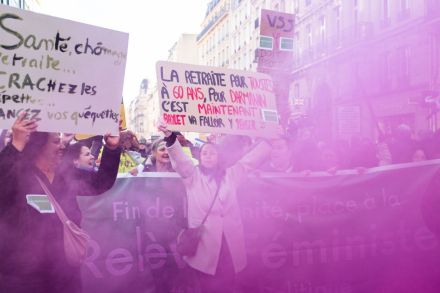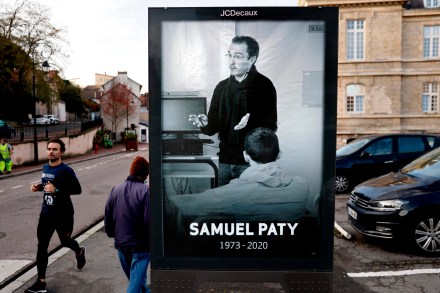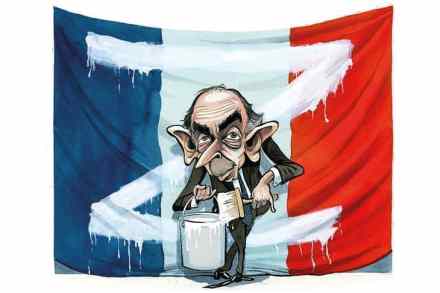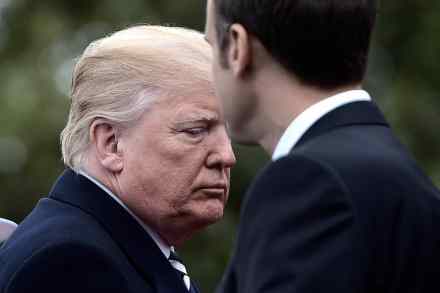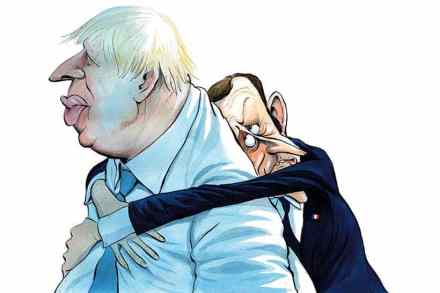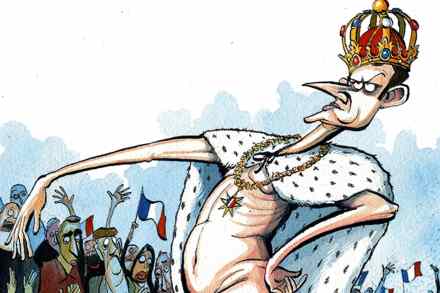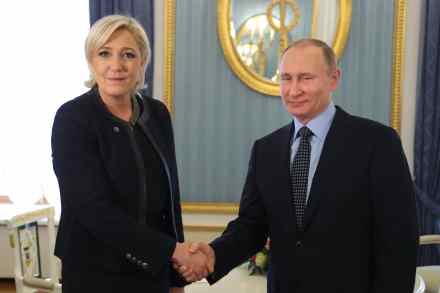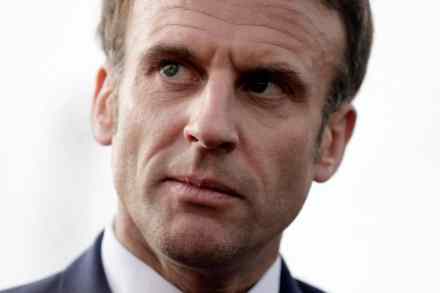France’s protestors are just getting started
There was another protest in Paris on Saturday. According to the organisers, Jean-Luc Melenchon’s La France Insoumise, 150,000 turned out on a crisp winter’s afternoon to opposeEmmanuel Macron’s pension reform. The French President wants to lower the retirement age from 64 to 62. But independent analysis put the numer at the protest at 14,045. It was the latter. I was there. I’m now something of a seasoned observer of the French street protest. From Yellow Vests to Covid Passports, and from the far right to the far left, I’ve rubbed shoulder with all manner of disgruntled French citizen. Yesterday’s protest was one of the jollier. I wouldn’t go so far as
